Exploring the Top AI Programming Languages: Empowering the Future of Artificial Intelligence
AI has emerged as a revolutionary force, transforming industries and reshaping the way we live and work. Powerful programming languages enable developers to tap the promise of AI behind the scenes of this technological marvel. In this blog article, we will look at the top artificial intelligence programming languages that are driving innovation, enabling researchers, and unlocking new possibilities in the field of artificial intelligence.
- Python: The Powerhouse of AI: When it comes to AI programming languages, Python stands tall as the go-to choice for both beginners and seasoned developers. Python’s simplicity, readability, and extensive libraries make it the perfect tool for building AI applications. Popular libraries such as TensorFlow, PyTorch, and scikit-learn provide a rich ecosystem for machine learning, deep learning, and data analysis, propelling Python to the forefront of AI development.
- R: Unleashing Statistical Power: R is a language specially designed for statistical computing and data analysis, making it a favorite among data scientists and statisticians. With its vast collection of packages and libraries, R empowers researchers to explore, visualize, and model data effectively. Its emphasis on statistical techniques and visualizations makes it an invaluable tool for data-driven AI projects.
- Java: Scalability and Performance: Java’s robustness, scalability, and cross-platform compatibility have made it a popular choice for building enterprise-level AI applications. While Java may not have the same level of AI-specific libraries as Python, frameworks such as Deeplearning4j and DL4J provide powerful tools for deep learning in Java. Additionally, Java’s performance and ability to handle large-scale projects make it ideal for AI applications requiring speed and efficiency.
- C++: Power and Control: C++ is renowned for its speed, efficiency, and low-level control, making it a preferred language for computationally intensive AI tasks. While C++ requires a steeper learning curve, it offers unparalleled performance, making it indispensable in areas such as computer vision, robotics, and real-time AI applications. Libraries like OpenCV and Caffe utilize the power of C++ to deliver high-performance AI solutions.
- Julia: The Language of Scientific Computing: Julia is a relatively new language specifically designed for scientific computing and high-performance numerical analysis. Combining the ease of use of Python and the speed of C++, Julia has gained traction in the AI community. Its just-in-time (JIT) compilation and ability to write code that is both concise and readable make it an attractive choice for AI research and experimentation.
- MATLAB: Interactive Prototyping: MATLAB, with its intuitive interface and extensive toolboxes, offers a comprehensive environment for AI research and development. Its emphasis on mathematical computations and interactive prototyping makes it an excellent choice for quickly testing and iterating AI algorithms. MATLAB’s machine learning and neural network toolboxes simplify complex AI tasks, enabling researchers to focus on their core objectives.
Conclusion
As the field of AI continues to expand and evolve, the choice of programming language plays a crucial role in the success of AI projects. Python’s versatility, R’s statistical power, Java’s scalability, C++’s performance, Julia’s scientific computing capabilities, and MATLAB’s interactive prototyping features all contribute to the vibrant landscape of AI programming languages.
Ultimately, the selection of an AI programming language depends on the specific requirements, goals, and expertise of developers. Whichever language you choose, remember that continuous learning, experimentation, and staying up-to-date with the latest developments are key to harnessing the full potential of AI.
Embrace the power of these top AI programming languages, and join the ever-expanding community of AI enthusiasts, researchers, and developers who are shaping the future of artificial intelligence. The possibilities are limitless, and the journey promises to be exhilarating.


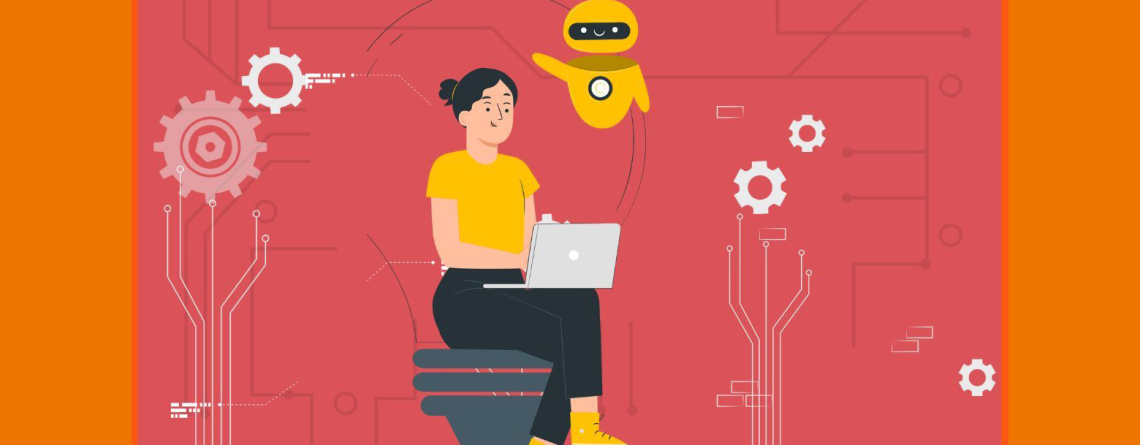

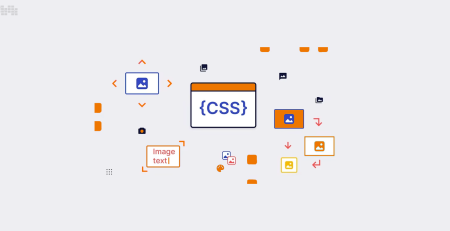
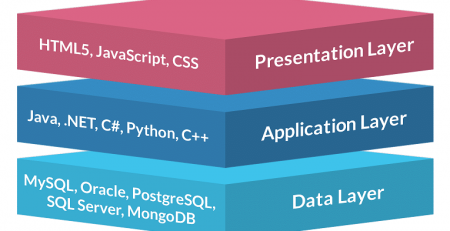



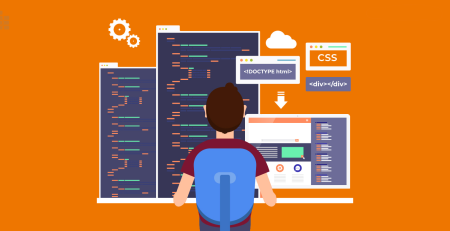
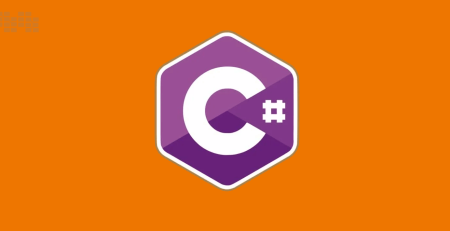
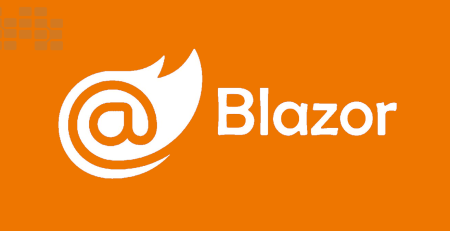
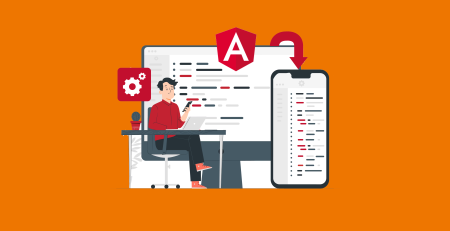
Comments (2)
Python has definitely become the go-to language for AI development, and for good reason. Its simplicity, extensive libraries, and vibrant community make it a great choice for AI programming. However, it’s interesting to see other languages like R and Julia gaining traction in this field. It’s a testament to the diverse needs and preferences of AI developers. Exciting times ahead!
Thank you for any other fantastic article. Where else may just anyone get that kind of info in such a perfect manner of writing? I’ve a presentation next week, and I’m at the search for such info.